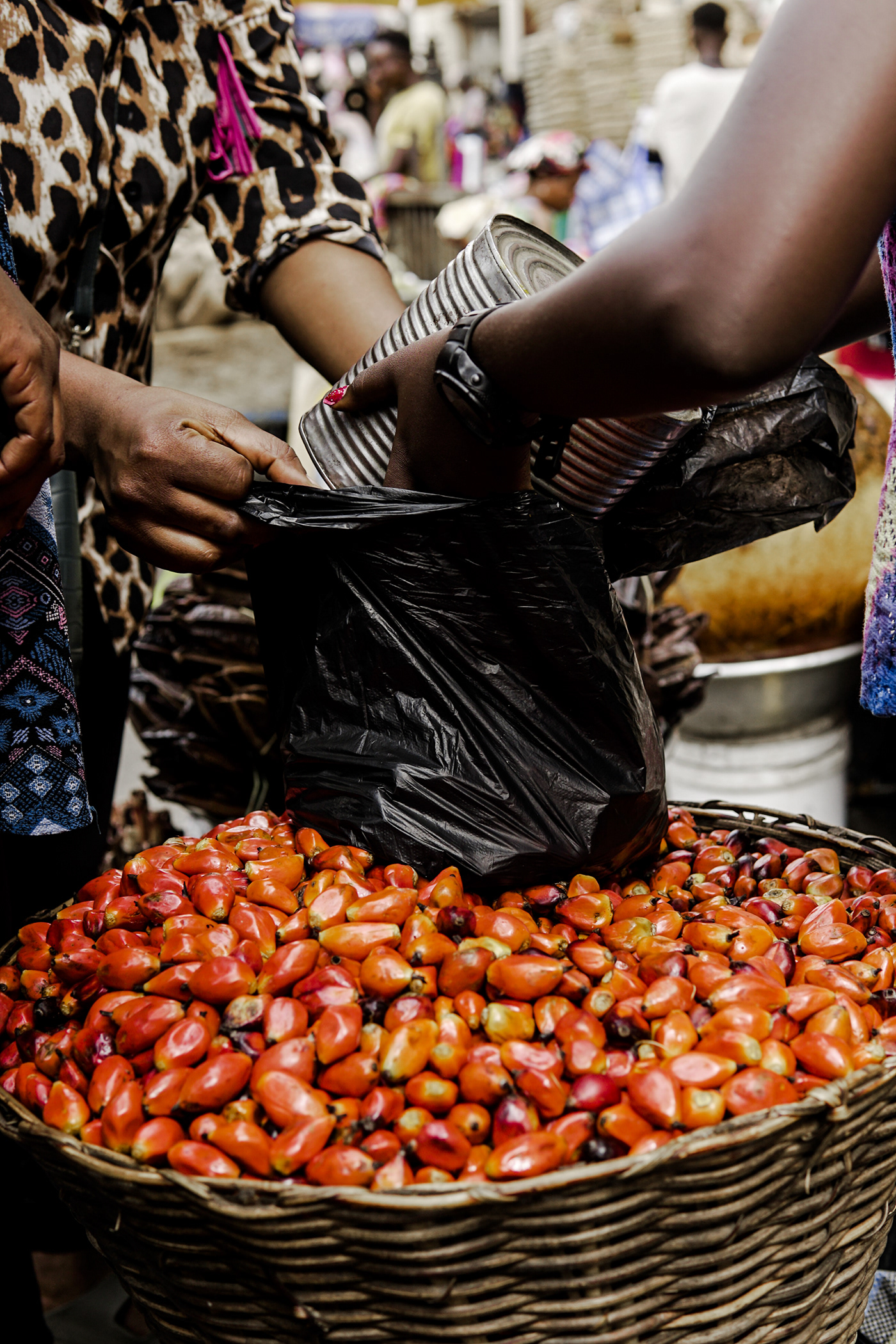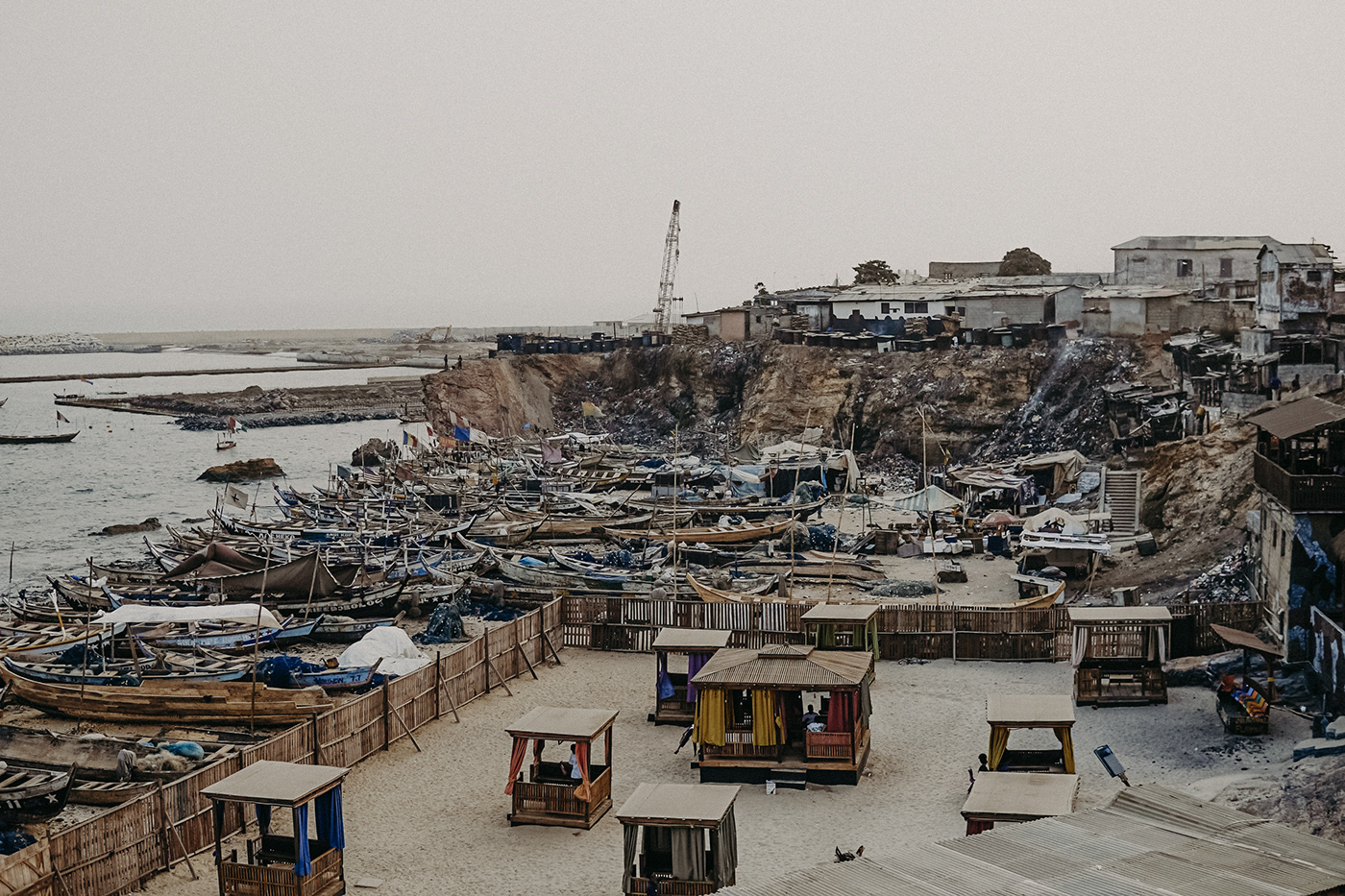






One interesting fact about women in Ghana is that they are major players in the country's informal sector, which contributes significantly to the national economy. According to a 2015 report by the International Labor Organization, approximately 95% of women's employment in Ghana is in the informal sector, which includes activities such as trading, agriculture, and artisanal work.
In fact, women in Ghana are estimated to contribute up to 46% of the country's Gross Domestic Product (GDP) through their participation in the informal sector. This highlights the crucial role that women play in the country's economy, despite the many challenges they face such as limited access to financing and market opportunities.
Furthermore, there are various initiatives and programs aimed at empowering women in Ghana's economy, including the Ghana National Women's Entrepreneurship Program, which provides training and funding for women-owned businesses. The government and other organizations are recognizing the important role that women play in driving economic growth and are working to provide more support and opportunities for them to succeed.





Fishing in Ghana is still important for some people of the population due to its economic and cultural significance.
Firstly, fishing is a major source of livelihood for many coastal communities in Ghana, who depend on fishing for their income and food security. These communities are often among the poorest in the country, and fishing provides them with a means of sustenance and economic opportunity. In fact, the fishing industry in Ghana is estimated to provide employment for over 10% of the country's population.
Secondly, fishing has cultural significance in many coastal communities in Ghana. For example, the fishing industry has a long history in the region, and many traditional practices and customs are centered around fishing. Fishing also plays an important role in the diet and cuisine of many coastal communities, with fish being a staple food item and an important part of local cuisine.
Despite its importance, fishing in Ghana faces a number of challenges, including overfishing, climate change, and illegal fishing practices. However, there are various initiatives and programs aimed at promoting sustainable fishing practices and supporting the livelihoods of fishing communities. For example, the government of Ghana has implemented policies to regulate fishing and protect fish stocks, while non-governmental organizations and international agencies have provided support for education, training, and infrastructure development in fishing communities.
Overall, while fishing in Ghana faces challenges, it remains an important part of the livelihoods and culture of many coastal communities in the country.






One interesting thing about young creative people in Ghana is that they are using their talent and creativity to drive innovation and social change. Many young Ghanaians are leveraging the power of technology and the arts to create solutions to social, economic, and environmental challenges.
For instance, the growing tech industry in Ghana has given rise to a new generation of young entrepreneurs and innovators who are using technology to address issues such as healthcare, education, and agriculture. Additionally, the country's vibrant arts and culture scene has produced many young creatives who are using their talent to promote social justice and environmental sustainability.
Furthermore, young creative people in Ghana are increasingly gaining international recognition for their work. For example, several Ghanaian fashion designers have been featured in major fashion shows around the world, while young filmmakers and musicians are gaining exposure and recognition on global platforms.
Overall, young creative people in Ghana are making a significant impact both locally and internationally, and their talent, creativity, and passion for innovation are helping to shape the future of the country. With continued support and investment in their ideas and initiatives, young Ghanaians have the potential to drive even greater positive change in their communities and beyond


























